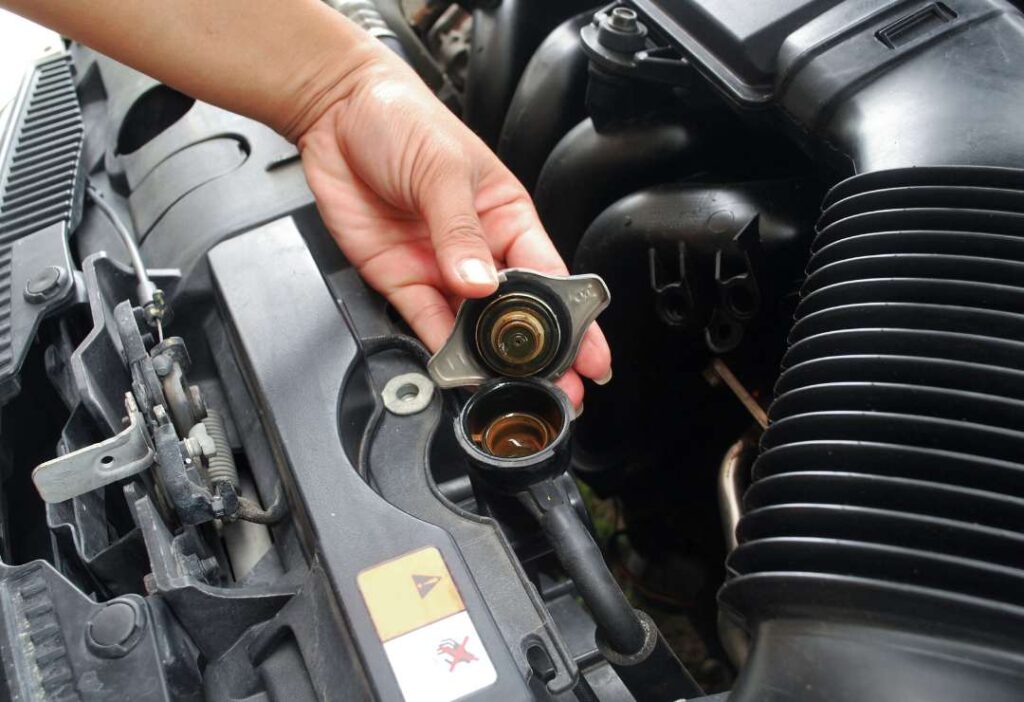Car Radiator Services in St. Pete, FL
The cooling system in your car is essential to the engine’s proper operation. Does your car run hot sometimes? Does the temperature gauge read above 250-degrees? Does steam come from under the hood of your car? These could all be signs that your radiator and cooling system have a problem.

Signs of a Cooling System Problem
Have you noticed pools or spots of slightly greenish fluid under your vehicle? Are strange noises coming from the air vents? If so, your water pump may be failing. If you’ve noticed any of these problems, or if you haven’t kept up with routine maintenance, let us know. We’ll check your vehicle’s cooling system for trouble spots and let you know about any problems brewing under the hood.
An appointment today may save you the expense of a new engine tomorrow!
Cooling System Repair
- Radiator Repair and Replacement
- Tank repair
- Water Pump and Thermostat Service
- Fan Replacement
Anti-Freeze Leaks
This may surprise you, but did you know antifreeze isn’t always green? It can also show up as red, clear, blue, or purple. And, although antifreeze and coolant leaks are most likely to occur near the front of the vehicle, some systems can leak antifreeze almost anywhere under the car. If you notice leaks, or see your check engine or low coolant light come on, you should have your car looked at immediately. Your vehicle can run hot and cause catastrophic engine damage even in winter. When caught early, it can be a simple fix. Ask for an appointment today.
Radiator Flush
Regular cooling system fluid flushes reduce the chance that a very costly repair will be needed and the chance of an unexpected breakdown. Engine coolant (or anti-freeze) changes chemical composition over time. This change results in a very corrosive fluid which can damage engine parts and create scale that blocks coolant passageways. There are “long life” anti-freezes available, but their effectiveness is not proven. There are still some studies that indicate that they too become corrosive and destroy internal engine gaskets. We suggest using the traditional that is changed every 24 months or 30,000 miles.
Get In Touch
You can reach us at our office phone number, or fill out the form below and a member of our team will get back to you.
Our hours are Monday-Friday: 7:30 am – 5:00 pm.
We are closed on Saturdays and Sundays.

